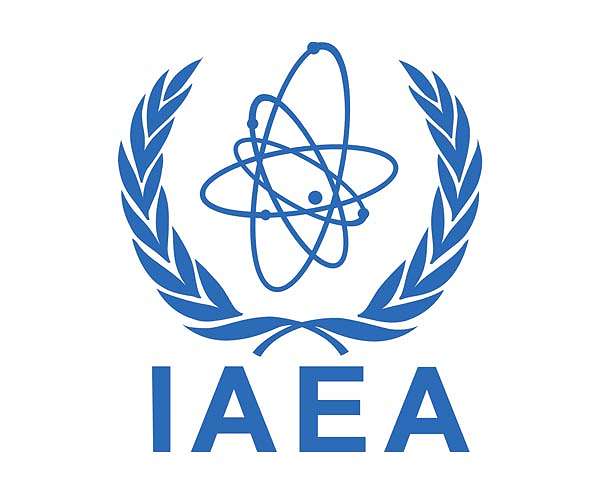
Iran urges IAEA to end undeclared nuclear sites issue (Image Credit: Space war)
Iran’s top diplomat on Thursday demanded that the UN nuclear watchdog drop the issue of three undeclared sites, as momentum builds to revive a 2015 nuclear deal.
The United States remains adamant that Tehran cooperate with the International Atomic Energy Agency to clear up suspicions about earlier work at three undeclared sites.
In June, the IAEA’s board of governors adopted a resolution censuring Iran for failing to adequately explain the previous discovery of traces of enriched uranium at three sites not declared by Tehran as having hosted nuclear activities.
“We are very serious about safeguard issues, and do not want to allow some of the IAEA’s baseless accusations to remain,” Foreign Minister Hossein Amir-Abdollahian said, state news agency IRNA reported.
The issue has poisoned relations between the IAEA and the Islamic republic, which considers the matter “political in nature, and which should not be used as a pretext to punish Iran”, an Iranian diplomat said, quoted by IRNA.
The comments come a day after the United States responded to Iran’s proposals on reviving the landmark agreement trashed by former president Donald Trump.
“We are in the process of examining the response of the Americans,” Amir-Abdollahian said.
Just weeks after the deal looked dead, the European Union put forward on August 8 what it called a final text to restore the agreement, in which Iran would see sanctions relief and be able to sell its oil again in return for severe limits on its nuclear programme.
Iran came back last week with a series of proposed changes, to which the United States formally responded on Wednesday, a day after Tehran accused its arch-enemy of stonewalling.
The 2015 agreement between Iran and six world powers — Britain, China, France, Germany, Russia and the United States — gave the Islamic republic sanctions relief in exchange for curbs on its nuclear programme.
The deal formally known as the Joint Comprehensive Plan of Action, or JCPOA, was designed to prevent Iran from developing a nuclear weapon — something it has always denied wanting to do.
Earlier this week, a senior US official said that Iran had lifted its block on certain IAEA inspections.
Asked about the foreign minister’s remarks, State Department spokesman Vedant Patel said Thursday that the United States has insisted to Iran “in public and in private” that it answer the IAEA.
“We’ve also been clear that we do not believe there should be any conditionality between reimplementation of the JCPOA and the investigations related to Iran’s legal obligations,” Patel told reporters.
Related Links
Learn about nuclear weapons doctrine and defense at SpaceWar.com
Learn about missile defense at SpaceWar.com
All about missiles at SpaceWar.com
Learn about the Superpowers of the 21st Century at SpaceWar.com
|
|
Tweet |
|
|
|
We need your help. The SpaceDaily news network continues to grow but revenues have never been harder to maintain. With the rise of Ad Blockers, and Facebook – our traditional revenue sources via quality network advertising continues to decline. And unlike so many other news sites, we don’t have a paywall – with those annoying usernames and passwords. Our news coverage takes time and effort to publish 365 days a year. If you find our news sites informative and useful then please consider becoming a regular supporter or for now make a one off contribution. |
||
|
SpaceDaily Contributor $5 Billed Once credit card or paypal |
SpaceDaily Monthly Supporter $5 Billed Monthly paypal only |
|
Iran asked for ‘adjustments’ to proposed EU nuclear deal: Borrell
Madrid (AFP) Aug 23, 2022
Iran requested “some adjustments” to a draft agreement on reviving a 2015 nuclear accord with major powers proposed by the European Union, the bloc’s foreign policy chief Josep Borrell said Tuesday.
During an interview with Spanish public television TVE, Borrell said “most” countries involved in nuclear talks with Iran agreed with the proposal, but that the United States had not yet responded.
The 2015 agreement between Iran and six world powers – Britain, China, France, Germany, Russia and the … read more









